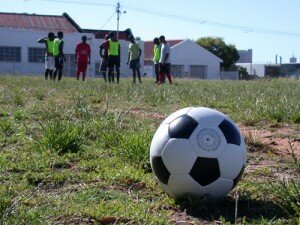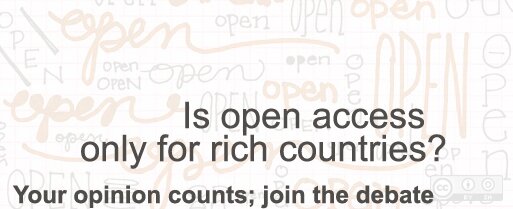Whose game is it, anyway?
Wednesday, February 10, 2010 20:33The FIFA Soccer World Cup (trademarked) is just around the corner, and South Africans from all walks of life are gearing up for the event. Already government schools have taken shorter summer holidays over the festive period because the mid-year holiday (our winter vacation) will be extended to accommodate Cup events. South African consumers have been overwhelmed by a deluge of advertisements portraying ecstatic vuvuzela-blowing fans. Traffic congestion, from roadworks feverishly nearing completion in the run-up to the Cup, has been the great leveller affecting all commuters from those travelling in local mini-bus taxis, to buses and car drivers. Thus, the World Cup resolutely draws nearer and we are all caught up in the hype, whether we like it or not.
For the average vuvuzela blower in the street, the excessive controversy that has surrounded the Cup does not perhaps seem that significant; after all, match fixing does occur, nepotism still exists, and rules and regulations will be made to inconvenience us. However, those who have been in FIFA’s direct line of fire will know better, and its the dire, age-old story of domination and power to which South Africa, given our country’s past, should not turn a blind eye.
“The Alternative Government”
Perhaps the relief that the South African government felt when the world cup was awarded to this country was so overwhelming that they entered into negotiations light of heart … and, some may say, minds. Seemingly, selling off the country’s rights was an okay exchange for the Cup. FIFA, known for stringent host-country requirements, could not have had a better deal when the SA government not only agreed to, but exceeded expectations. For 11 days this country will be managed by a powerful law enforcer, where the hard-won constitutional rights of freedom of speech and freedom of movement will take a backseat to commercial gain that will largely benefit FIFA and its official sponsors.
In an interview with Zeenat Hansrod of Radio France Internationale, Alex Duval-Smith, a freelance journalist for British newspaper The Observer, and Raymond Louw, deputy chairman of the Media Freedom Committee of Sanef (South African National Editorial Forum) discuss the media restrictions that are to be put in place. According to Duval-Smith, FIFA is effectively writing the law on media rights in this country. Accredited media will not be permitted to report on anything that brings FIFA and the Cup into disrepute. In essence this means that should there, for example, be a demonstration outside one of the soccer stadiums, the media would be restricted on reporting this event if it showed FIFA or its sponsors in a negative light. This directly curtails citizens’ right to information’; at its zenith, a media blackout reminiscent of the Apartheid regime. Furthermore, accredited media and bloggers alike beware: FIFA has also sold off its “new media” rights. Thus, taking photographs at games using cell phones will be a breach of copyright; a punishable offence. Media websites will not be permitted to record and publish their own multimedia and will only be allowed to run text descriptions on their websites. Photographs can be used but only if they are published not in sequence (in other words, in an attempt to show a moving image sequence.)
The Irony of the “African World Cup”
It doesn’t end there. What about the informal sector, which is as organically African as the vuvuzela? This Third Economy of hawkers and informal entrepreneurs piggy-backs off popular events to make its living within a system that has not adequately supported them. According to FIFA regulations, no one is permitted to sell non-official FIFA products within 800 metres of the stadium walls, including newspapers.
If it all sounds rather melodramatic, bear in mind that three of the most powerful media stables in the country, Media 24, Avusa and The Independent Group, have submitted (via an attorney) objections to FIFA regulations and claim infringement of the South African Constitution. We vuvuzela blowers wait in anticipation for the outcome of this bold move.



Steve Deida says:
March 10th, 2010 at 12:21 am
Greetings, I’m currently doing some research for a post that I am typing for my own site. I have found this post most useful and I was wondering if I may link to your article as it may be of great interest to my readers? Best wishes.
Kerryn says:
March 15th, 2010 at 8:33 am
Hi Steve. You’re most welcome to link to the post. Also note that the site is licensed under a creative commons licence which allows you to remix, share, reuse. Check out more about Creative Commons here: http://www.creativecommons.org. Regards, TACP team